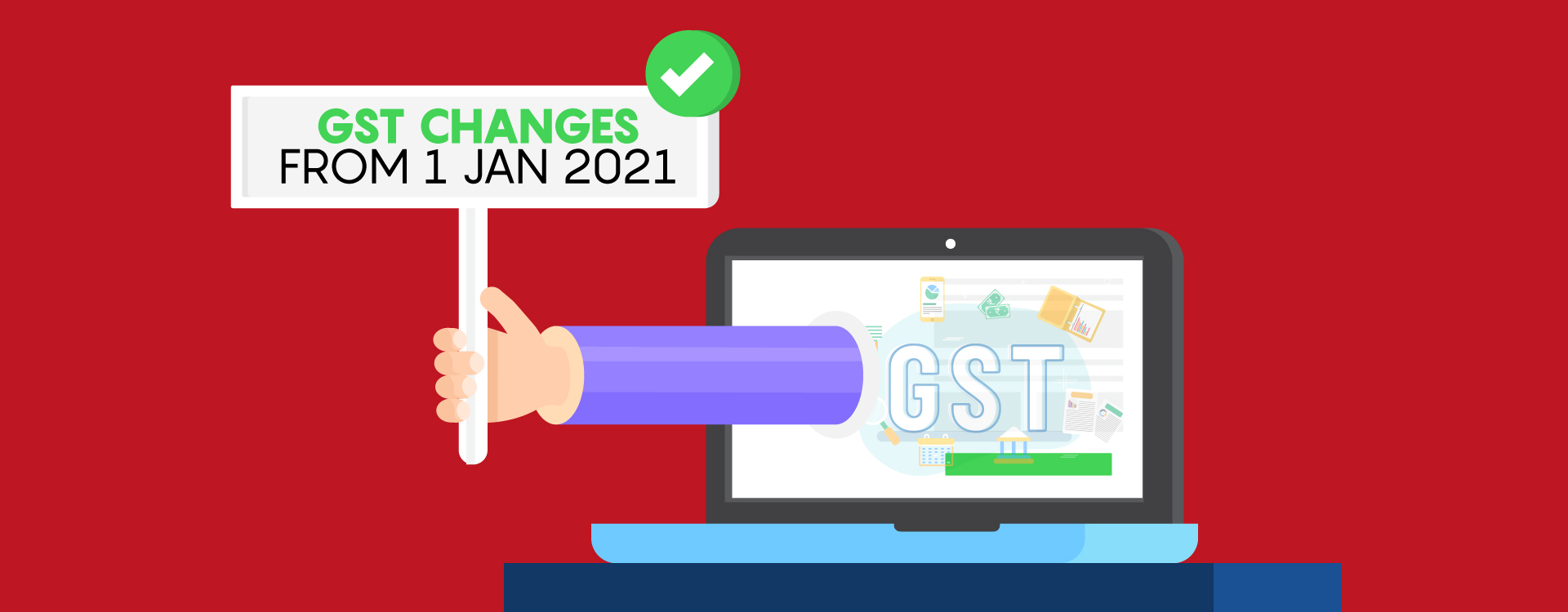2021 started with many GST regime changes that will directly impact the business already registered under the GST regime and the entrepreneurs who are planning to get themselves registered within the tax system. Even after more than three and a half years of GST implementation, most businesses are still struggling to understand the indirect tax regime.
Across sectors, be it education and training, retail, or e-commerce, trends indicate that companies are struggling to make profits post GST. As the fourth anniversary of the tax reforms approaches in 2021, most Indian businesses believe that GST has not proven suitable for their businesses even in the long run.
‘‘
The new rules do not permit the taxpayer to file GST returns if the taxpayers have not furnished the return for the preceding two months.
The New Changes
Decreased Input Tax Credit Limit
The Central Board of Indirect Taxes and Customs (CBIC) has revised the limit of provisional Input Tax Credit (ITC) claims from 10% to 5%. Earlier, a taxpayer filing a GST return could claim up to 10% of the eligible credit available. Now, that limit is set at 5%. This has further increased the complexity for businesses as they have to match the input and output costs in a lesser limit to claim the credit.
Registration Revocation Rules
The CBIC has revised the suspension or cancellation of GST registration of businesses. The new rules state that a business’s registration can be suspended if it avails input tax credit in violation of the new provisions, i.e., beyond the 5% limit.
Mandatory Cash Payment
All the registered businesses will now have to pay 1% cash liability to curb tax evasion through fake invoicing. The rule applies to only those registered persons whose taxable supply value, other than exempt supply and export, in a month exceeds Rs 50 lakh.
New Registration Rules
The CBIC has amended the rules regarding new GST registration, which provides for the biometric verification, i.e., Aadhaar authentication and verification of other KYC documents. In the case of those opting not to use Aadhaar, GST registration would be given only after physical confirmation of the business premise, which could take up to 21 days and if a notice is issued.
Previous Records
The new rules do not permit the taxpayer to file GST returns if the taxpayers have not furnished the return for the preceding two months.
E-Bill Period Reduced
The CBIC has amended the rule related to E-way Bill wherein the available travel time has been enhanced to 200 km. For example, if goods are dispatched to a destination located at a distance of 550 km on 1 Feb 2021, as per the existing rule, the validity of the E-way bill generated would have expired on 7 Feb 2021, i.e., one week for 100 km from the midnight of its generation. According to the new rules, the e-way account will expire on 4 Feb 2021, thereby substantially shortening the time frame.
Quarterly Return Filing and Monthly Payment of Taxes (QRMP) Scheme
The CBIC has launched Quarterly Return Filing and Monthly Payment of Taxes (QRMP) scheme under the new changes. This will help small taxpaying businesses with a turnover of less than Rs.5 crores as it will allow them to file GST returns every quarter and pay tax every month.




